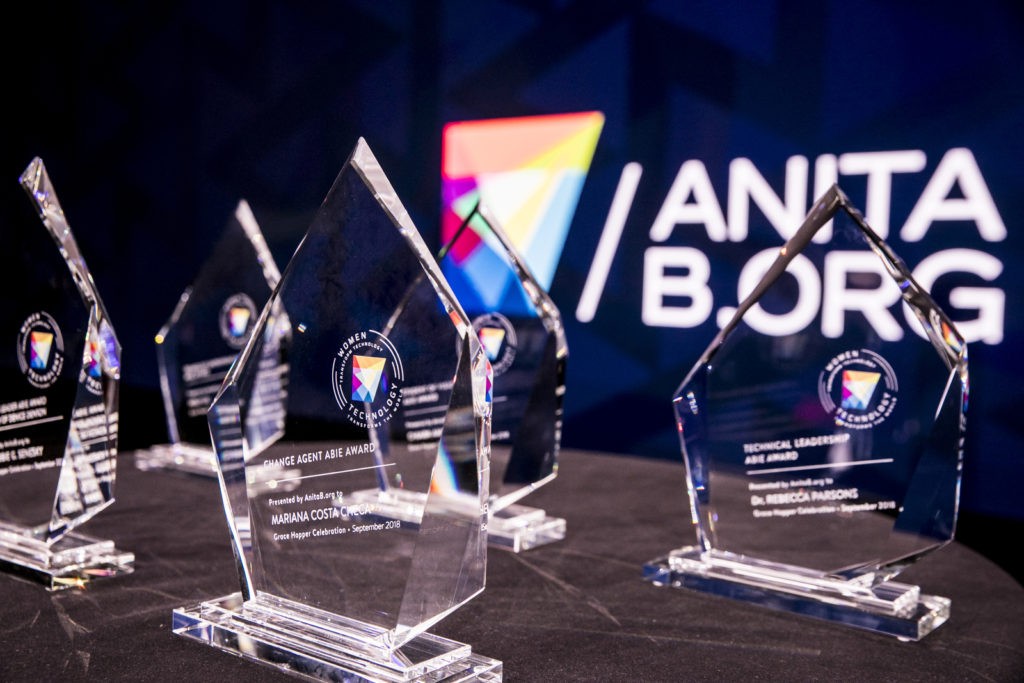The Educational Innovation Abie Award in Honor of A. Richard Newton recognizes educators for developing innovative teaching practices and approaches that attract female students to computing, engineering, and math in K-12 or undergraduate education.
The Educational Innovation Abie Award honors the life and career of A. Richard Newton (1951-2007). Newton was a professor and dean of the College of Engineering at the University of California, Berkeley, a pioneer in electronic design automation and integrated circuit design, and a visionary leader in the technology industry.
The submission deadline was Thursday, May 25, 8:00 p.m. Eastern Time.




